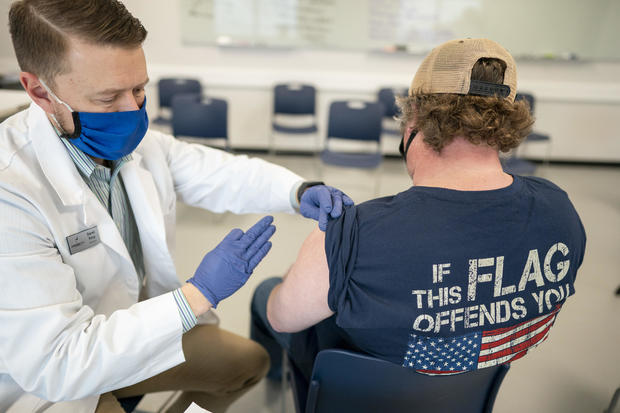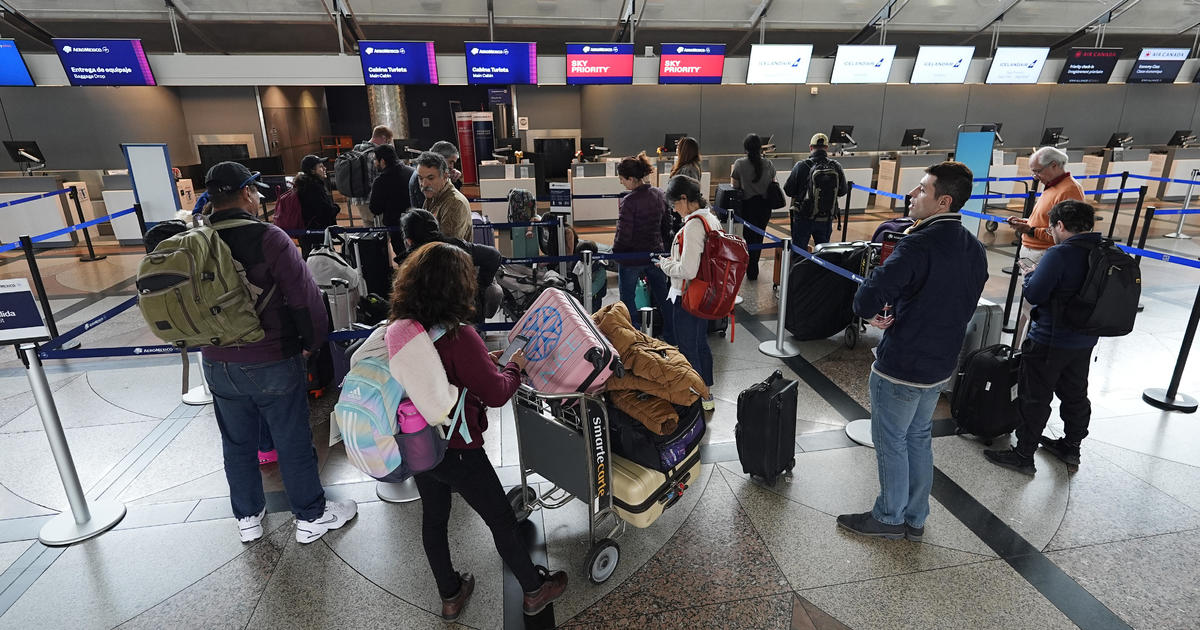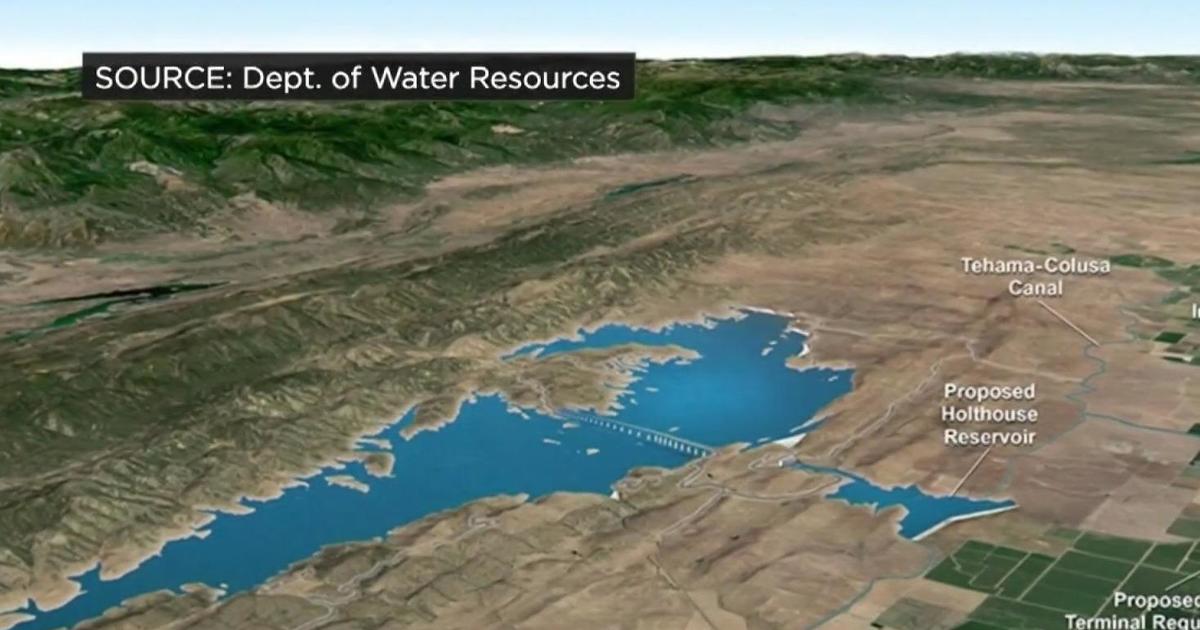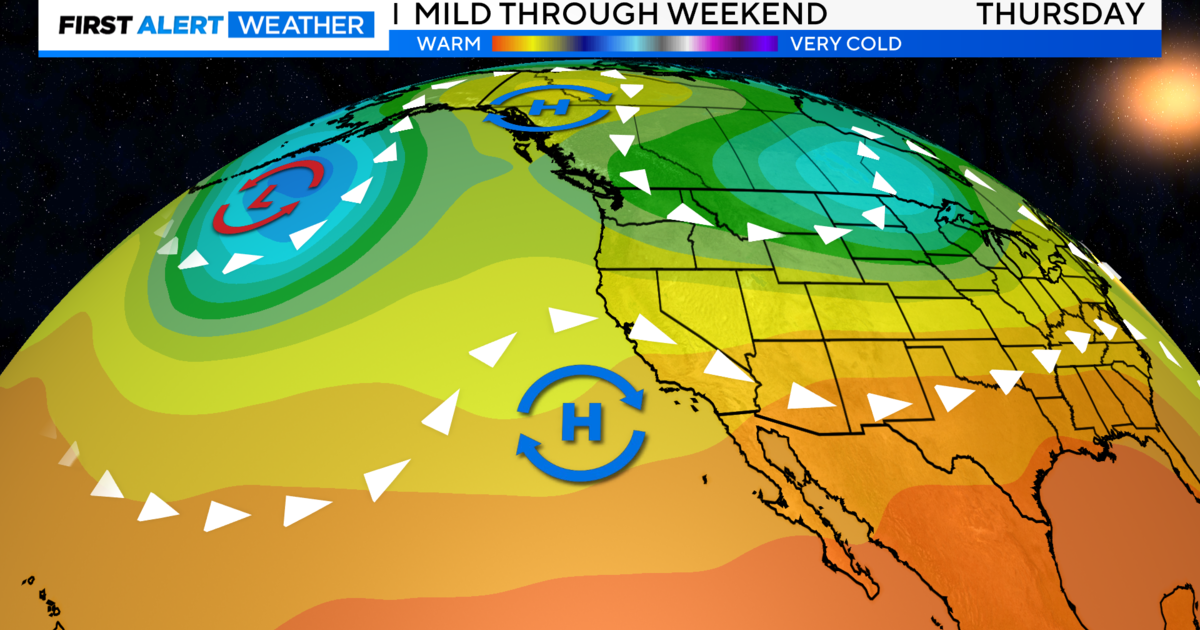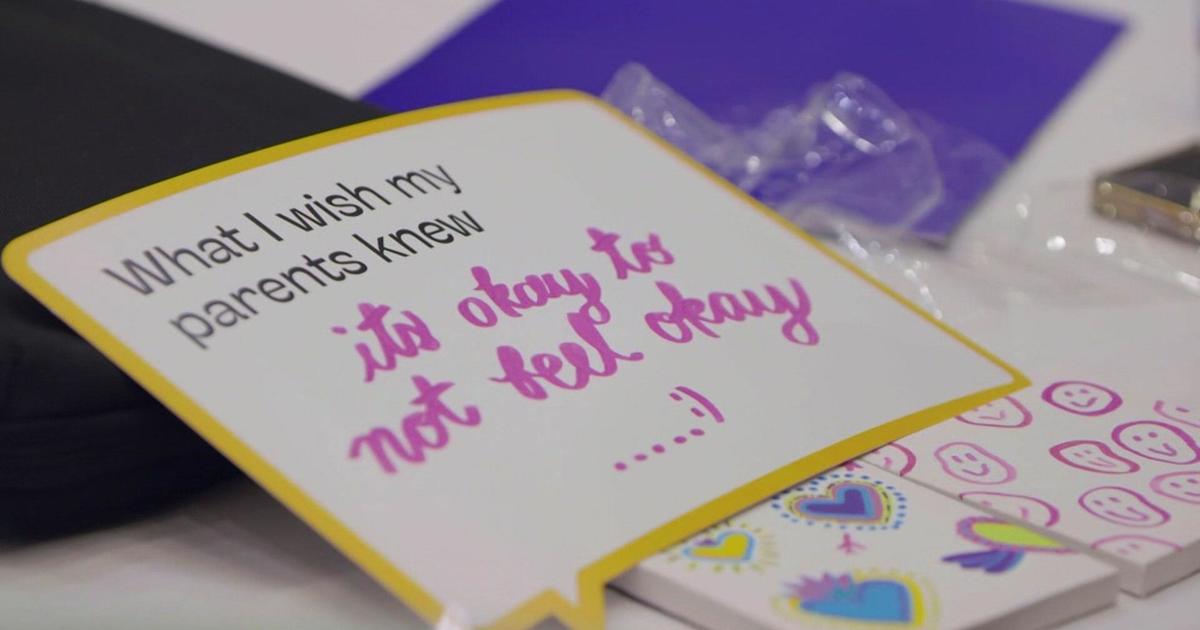Biden administration is preparing for the end of free COVID-19 vaccines as funds run dry
Formal preparations are underway for the end of the federal COVID-19 vaccination and treatment effort, health officials say, with money for the Biden administration's campaign to buy and distribute shots to the public for free now set to run out "as early as January" 2023.
That risks leaving behind some of the most vulnerable Americans at what could be the height of a deadly winter wave of the virus, warn some both inside and outside the federal government, undoing hard-fought progress to narrow disparities in the pandemic's toll.
Within the Biden administration, informal talks have been ongoing for more than a year about what to do when the funding from Congress runs out. Since the spring, executives from Pfizer and Moderna have said their companies were actively preparing for the day they would begin selling their shots on the private market.
Those discussions ramped up late last month, when more than a hundred representatives from companies, agencies, and organizations across the pandemic response huddled on a hours-long virtual conference call with top-ranking federal health officials.
"We have always intended to transition this work to the commercial market and have been planning for that transition for some time now. Unfortunately, the timeline to make the transition has accelerated over the past six months without additional funds from Congress," Assistant Secretary for Preparedness and Response Dawn O'Connell said in a post this week, in the wake of the meeting.
Key issues remain unresolved over how COVID-19 vaccines and treatments will be distributed and paid for.
Companies will need to hash out prices and contracts with doctors, pharmacies, insurance plans, and distributors, both to buy the products and to administer them.
"The starting point, first and foremost, is going to be the discussions with the manufacturers on both the vaccine and therapeutic sides related to pricing. That will ultimately have an impact on the downstream discussions," said Chip Davis, head of the Healthcare Distribution Alliance.
Those decisions could determine which places end up being able to continue offering free vaccines, which right now are being administered through more than 87,000 providers around the country.
"As we shift into a commercial market, how many of those sites stay up and running? Are there new locations, with a goal of ensuring equity moving forward? What's the role of the pharmacy community, which has played an extremely important role thus far through the federal retail pharmacy partnership program?" said Davis.
Those efforts are complicated by current restrictions imposed on how most COVID-19 pharmaceutical products can be marketed and distributed. Including the recently updated boosters, most COVID-19 drugs and vaccines were released under emergency use authorizations and have yet to win the "full approval" of a Food and Drug Administration license.
Virtually all of those authorizations spelled out rules granting federal health officials exclusive control over where the doses went, until recently.
"The FDA will consider requests for issuance or revisions to EUAs for products to be distributed and sold through commercial channels by the products' manufacturers or others, as appropriate," a spokesperson for the regulator said.
Under the Affordable Care Act, most health insurance plans must cover routinely recommended vaccines for adults, which includes the COVID vaccines and boosters.
For some of the uninsured or underinsured, the mammoth Vaccines for Children program could take on providing COVID-19 shots given to kids. However, the CDC's outside vaccine advisers have yet to vote on recommendations that would add it to the program.
No equivalent currently exists for Americans over the age of 18, though the Biden administration did suggest creating a "Vaccines for Adults" program in its last proposed budget. Some states might also try to pay for shots to cover this gap within their borders, industry sources said.
The transition could also risk cutting off public health officials from key metrics they now rely on to track the effort to vaccinate Americans against COVID-19, especially in underserved groups.
Data tracking doses administered, as well as figures broken down by race and ethnicity, are only reported to health authorities thanks to agreements that vaccinators sign in exchange for the government-bought doses. Without those deals, crucial data could dry up too.
"We definitely want to see COVID eventually move into the commercial market. We just want to make sure that we don't lose ground on all these gains we've made, with equity and all the other areas," said Claire Hannan, executive director of the Association of Immunization Managers.
Hannan said it was unrealistic in most state budgets to buy enough COVID-19 vaccine shots to cover their residents, and cautioned that even the process of screening and billing for vaccinating only uninsured recipients would require additional money and manpower at a time when health departments are already stretched thin.
The summit comes as the White House's months-old "emergency" COVID-19 funding request remains stalled on Capitol Hill.
Sweeping initiatives launched in response to the pandemic have wound down over the past year as funds dried up, ranging from covering uninsured patients to shipping out free at-home tests. Last month, the Biden administration handed distribution of Eli Lilly's monoclonal antibody treatment bebtelovimab over to the private market as government stocks ran low.
Federal supplies of AstraZeneca's Evusheld, a key COVID-19 drug used to protect immunocompromised patients, are also projected to be drained "as soon as early 2023." U.S.-bought stores of Paxlovid from Pfizer and Lagevrio from Merck and Ridgeback Biotherapeutics will also be depleted next year.
In hopes of averting a repeat of the past two deadly fall and winter waves of the virus, the Biden administration said over the summer it had been "forced to reallocate $10 billion" from other pandemic programs to foot the bill for updated COVID-19 vaccine booster shots from Pfizer and Moderna.
Now, as the latest campaign gets underway to reach more than 200 million Americans due for an updated booster shot, local health officials warn they are "running on fumes."
"The work of achieving optimal vaccination coverage, and equitable vaccination coverage, requires significant investment in building relationships with community partners, empowering community partners, and developing trust," Dr. Jeffrey Duchin, Seattle's top public health official, told a recent meeting of the CDC's outside vaccine advisers.
A Commonwealth Fund report estimated in June that an early fall booster rollout could save up to $109 billion in direct medical costs over the coming months, if it reaches higher levels of uptake.
"Trust requires consistency. And that consistency, and the adequacy of the response overall, requires funding," said Duchin.
